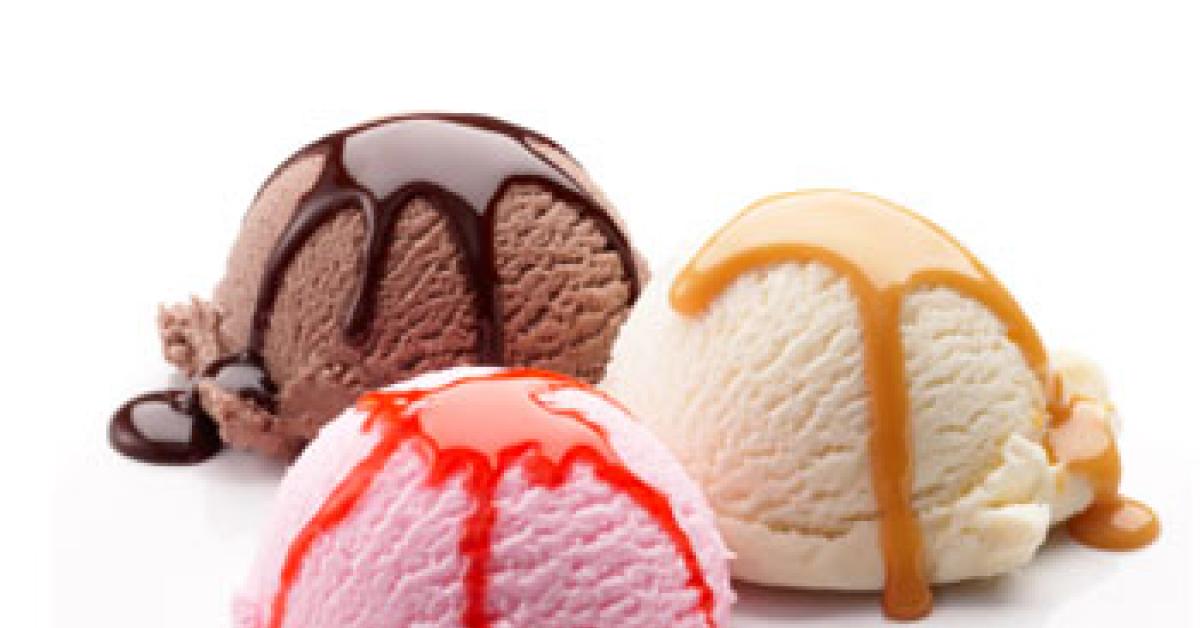PEMBROKE, Mass. — Family Drycleaners, in Hull, Mass., sells children’s toys in its front-counter section. Dolls, games and wooden toys are its stock in trade. Management says this adjunct business does well because no one else in town carries children’s toys. If a customer wants a nice wooden toy, say, as a gift, they have to buy it at Family Drycleaners.
Such selling of unrelated products goes against the conventional wisdom of Drycleaning Management 101. Do what you do well—process clothes efficiently and cleanly. Peddle ancillary trade—alterations, shoe repair, etc. And, if you sell anything in the front, make sure it’s related to garment care—lint brushes, stain stick, clothing bags and the like.
Sometimes, you go against conventional wisdom because selling unrelated products makes sense. In Marfa, Texas, there is a Laundromat/coffee shop/ice cream parlor—a three-in-one business. The reason it works is because Tumbleweeds Laundry is the only laundry, the only ice cream shop and the only “pure” coffee shop in the small town of 2,200.
Anyone who needs their clothes cleaned, wants a caffeine boost or desires a sweet-tooth treat goes to Tumbleweed.
Likewise, Family Drycleaners is the only store where you can buy good-quality children’s toys in its town of 8,500. You can travel to neighboring towns and buy the same or almost the same merchandise, but convenience catches many sales.
Family Drycleaners’ management says customers sometimes buy an item when bringing in or picking up drycleaning. But sometimes, customers just come in to buy a toy for a children’s party, a birthday or as a gift for their children.
The business has often won drycleaning customers from toy buyers. Furthermore, staffers don’t find selling children’s toys a distraction. The toys are on shelves on both walls of the counter sections, and customers typically browse and choose.
So, if you decide to carry an unrelated product, find a need. Possibly there is no one in your town or neighborhood selling herbs. Set up a shelf for herbs. Maybe there is no bookstore. How about carrying used books? Perhaps there is nowhere to buy art kits. Become an art-kit merchandiser. Maybe there’s no one selling model-making kits. Carry a line of these items.
Do not choose a product line that is already being sold by someone down the road. Make sure the marketplace does not supply that product line. The whole idea of you carrying the product is that the line will be a convenience purchase for your community.
Carve up the product line in a way that you feel will maximize sales. Family Drycleaners doesn’t sell all children’s toys, only selected lines of good-quality toys. Their woodenware especially stands out as attractive purchases. So, in a sense, Family Drycleaners is guiding the consumer into purchasing goods that it has approved and pre-selected as worthwhile buys. This gives it a kind of expert status.
Of course, you will have to research the channels of distribution and see if the choice is feasible. You might also conduct some sort of market survey. Then, when you decide, you will have to become familiar with the new product line. Perhaps, you can spend time with a business owner, and he/she will feed you the basics. You might connect with a wholesaler who will set you up and teach you the business.
You will have to become familiar with supply channels, parts replacement, profit margins, merchandising strategies, advertising programs, sales techniques and ancillary product lines. For example, if you create an herbary, there might be special orders of bulk herbs that only certain supply houses offer, and it behooves you to know these channels. If you carry used books, what margin should you charge: double the cost or triple the cost?
It always helps to come up with a hook. Just why are you selling this product line? It could be because you’re the only place in town to buy the items, but tying it to drycleaning would be preferred. If you clean a lot of children’s specialty garments, carrying gifts for children is a natural extension of your service. By positioning yourself as “artists” in stain removal, it’s not a big stretch to sell art kits.
One bit of advice: Don’t become a discounter. You want patronage because you have something good to sell and because it’s convenient for customers to buy the goods in your store. Once you use price as an incentive, that’s a whole new ballgame, and it often brings a whole new type of customer into your store.
If you’re a discounter, people will walk into your store saying, “I can get shirts done for a dollar. How come you’re $1.25?” You don’t want that. It is one thing to run specials, but it is another for the drycleaner to be asked to do the job for less each and every order.
Finally, don’t lose sight that you’re a drycleaner first and a product retailer second. At best, it’s an add-on business. Stick to your trade; that’s really why customers come in to your store. As the owner, you should spend less than 5% of your time on the sideline. Hand the responsibility and work over to a staffer.
This selling of unrelated products is not for everyone. But if you can handle additional trade and if there is an empty hole in your market, it could be the way to go.
Have a question or comment? E-mail our editor Dave Davis at [email protected].

